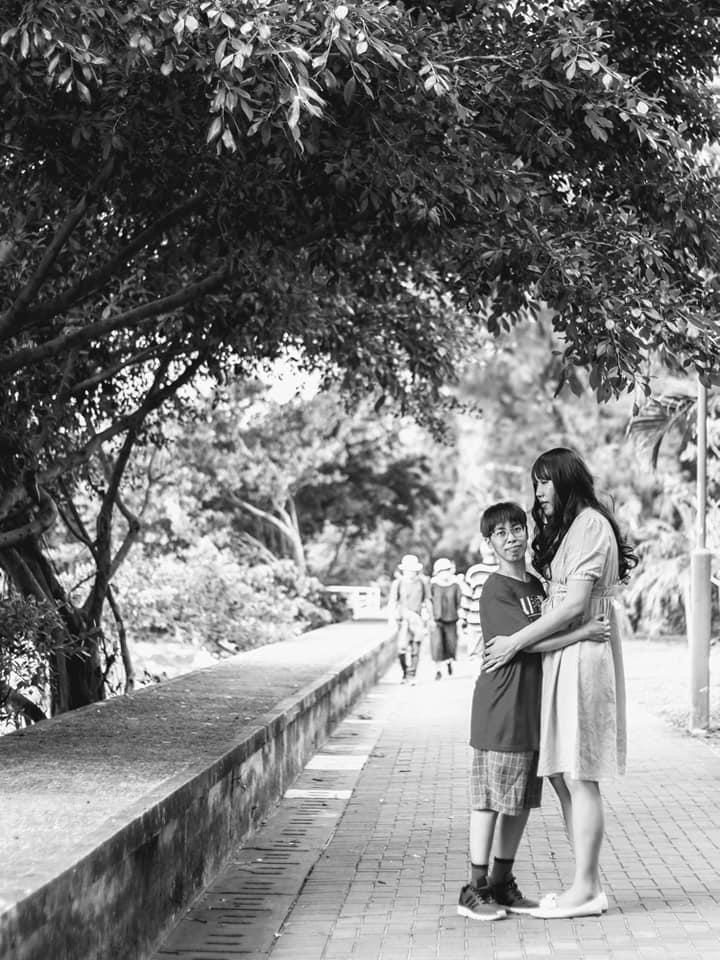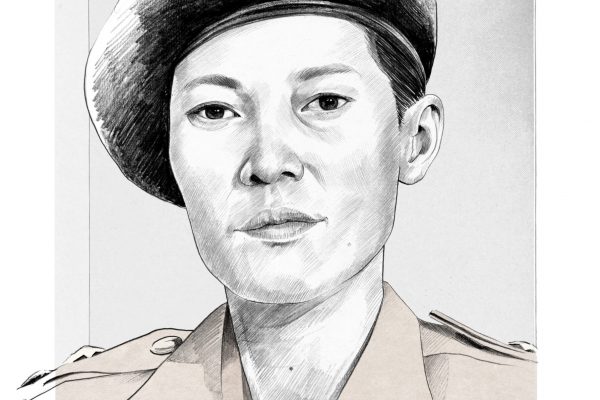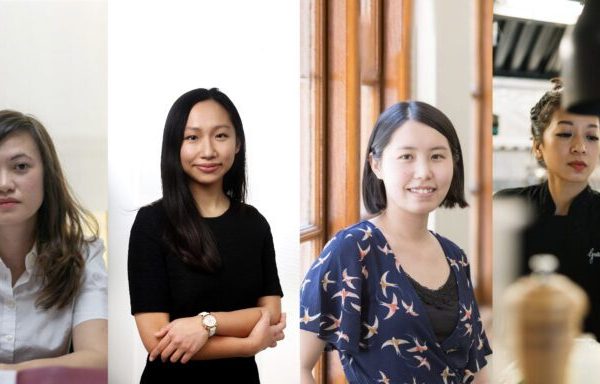Space to be me: LGBT+ and disabled in Hong Kong
“I am bisexual, I am gender-fluid and I am also disabled,” says Chris Yau.
The 38-year-old Hongkonger has muscular dystrophy, a disease that causes muscles to weaken over time, but doesn’t need a wheelchair at the moment. He is also bisexual and identifies as genderqueer, meaning he does not subscribe to conventional gender identities.
“On most days, I feel more male,” explains Yau, who was assigned female at birth, and uses the pronoun “he.” “At home, I have two wardrobes with men’s and women’s clothing, but I dress mostly male these days.”
Living in Hong Kong with these overlapping identities hasn’t been easy, says Yau. “People often think, ‘If you already have a physical disability, then why do you have to ‘choose’ to be bisexual or gender-fluid?’ He explains that Hongkongers often react as though sexual orientation and gender identity are a matter of choice and that one can choose to stick to just one gender.
There are no exact figures to quantify the LGBT+ population in Hong Kong, where the topic remains somewhat taboo. In terms of people with disabilities, Yau is among 578,600 disabled Hongkongers in the city of 7.4 million, according to 2015 government reports.
 Chris Yau stands with Priscilla. Credit: Chris Yau
Chris Yau stands with Priscilla. Credit: Chris Yau
Priscilla*, who uses the pronoun “they,” has experienced similar challenges when it comes to their intersectional identity. Blind and genderqueer, they have always known they were different. But it was not until early 2020 that their identity became more clear.
“I started by cross-dressing and I really enjoyed being a lady… I started to explore my gender identity and some friends help me realise who I was,” they say.
“I am not lesbian, gay or bi, but I identify as male and female [depending on the day],” says the 38-year-old. “To me, a genderqueer person does not reject or fully adhere to one of the sexes; they will choose to perform [or express a] male or female gender each day.”
Despite their fluid gender identity, Priscilla normally presents as male in everyday life due to a variety of physical and social constrictions. “I live as a man most of the time, but on some occasions, when I feel it is safe to disclose my female gender to others, I will share it,” says Priscilla, adding that they are not out to family members or relatives yet.
“As I am visually impaired, someone has to help me dress up as a lady when I want to express my female gender identity,” they explain. “So I can only do this with someone who will accept this part of me… The reality is that it’s very hard for me to express my female identity.”
When it comes to LGBT+ identities, many Hongkongers still have little understanding of transgender people, explains Priscilla. “For instance, families cannot accept trans people at home, and employers may not accept trans people in their workplaces. It can cause depression and anxiety – it is sometimes stressful.”
Diverse and Intersecting Identities
Being both LGBT+ and disabled is something many Hongkongers can’t agree with, according to Yau. In their experience, having a disability in Hong Kong already means society expects you to keep a low profile.
“Hongkongers think that disabled people should live alone, hidden away, and shouldn’t be out in the open… They think if disabled people even have [heteronormative] relationships or partners then it gets too complicated. [Of course] I don’t agree.”
“You have to live your own life,” says Yau. “And disabled people deserve love and sex whether they identify as heterosexual, gay, bisexual, or otherwise.”
Still, this makes some practicalities, such as introducing themselves to new people, more challenging, particularly since many Hongkongers don’t understand terms like ‘genderqueer’ and there is still a lot of stigma around being LGBT+.
In Hong Kong, Yau says there’s a dearth of terminology in Cantonese to express intersecting identities. He points out that advocates in Taiwan, a country that is often hailed as an LGBT+ leader in the region, it would be more common to use a simple term like “disabled queer”.
“Being called disabled alone doesn’t totally represent who I am,” he laments.
For the time being, Yau has settled on using simply “queer” when first meeting cisgender (someone whose gender identity aligns with their sex aligned at birth) people in Hong Kong. It’s also far from ideal, he says, but it seems to be the best fit for him at the moment.
When it comes to discrimination, Yau says TV and other media coverage only perpetuate stereotypes and foment stigma. Local tabloids and magazines have long been criticised for biased or inaccurate reporting of LGBT+ issues. And for decades, transgender advocates, such as Hong Kong’s first openly transgender politician Joanne Leung, have lamented the media’s portrayal of transgender and non-binary Hongkongers as mentally ill.
“If you say you are gay or lesbian, it’s okay,” says Yau. “But those whose gender identities are trans or gender-fluid, are often treated like they have a mental illness.”
“Sometimes if you’re out, people might say things about you – it’s very uncomfortable,” he says. “However, this is why I try to talk openly about it to educate others and raise awareness.”
*Name changed to protect the individual’s identity

